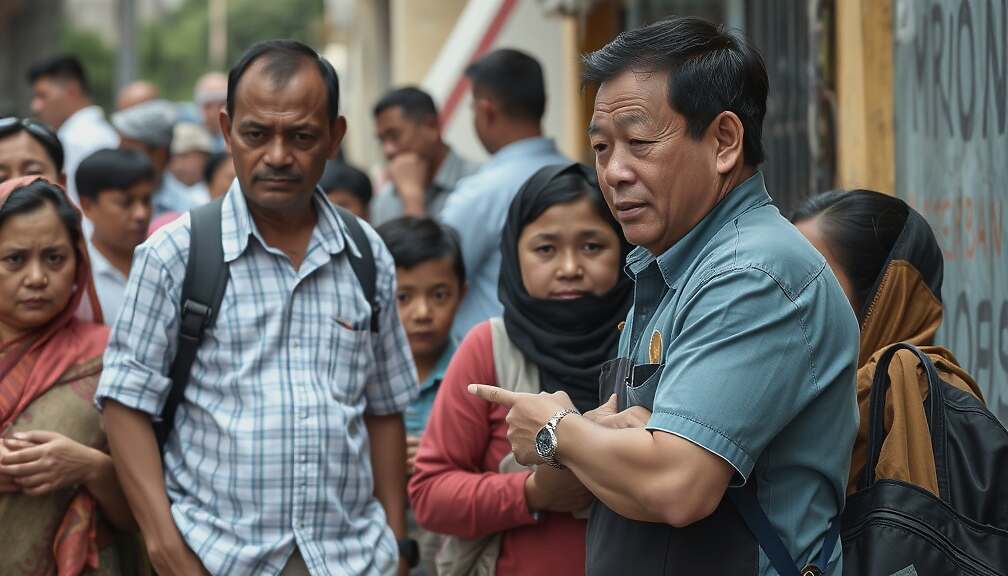The Christian Democratic Union (CDU) has lauded the government’s recent decision to transition Ukrainian refugees from receiving citizen’s allowance (Bürgergeld) to asylum seeker benefits (Asylbewerberleistungsgesetz), framing it as a step towards greater social equity. CDU General Secretary Carsten Linnemann defended the policy shift, arguing it rectifies perceived imbalances within the German social welfare system.
Speaking to the “Rheinische Post”, Linnemann emphasized the policy’s alignment with a pre-existing agreement within the coalition contract. “We are bringing more justice into the social system” he stated. The move dictates that Ukrainian refugees arriving in Germany after April 2025, should they meet the criteria for financial aid, will no longer qualify for Bürgergeld, instead receiving benefits under the Asylbewerberleistungsgesetz.
The stated rationale is to standardize the treatment of Ukrainian refugees with other individuals seeking asylum in Germany. However, the policy has ignited criticism, with some arguing it unfairly penalizes a vulnerable population who fled a war zone. Concerns have been raised about the adequacy of asylum seeker benefits compared to Bürgergeld, potentially exacerbating financial hardship for many.
Linnemann’s assertion that the policy will encourage employment and integration has also drawn scrutiny. Critics question whether the existing framework for job seeking assistance and language training is sufficiently robust to support a potentially large influx of refugees transitioning to the new benefit system. Furthermore, the policy raises questions about the government’s broader strategy for integrating Ukrainian refugees, particularly the potential for creating a two-tiered system of welfare provision. The shift necessitates a thorough evaluation of its long-term social and economic consequences and a commitment to ensuring adequate support for those impacted by this policy change.












